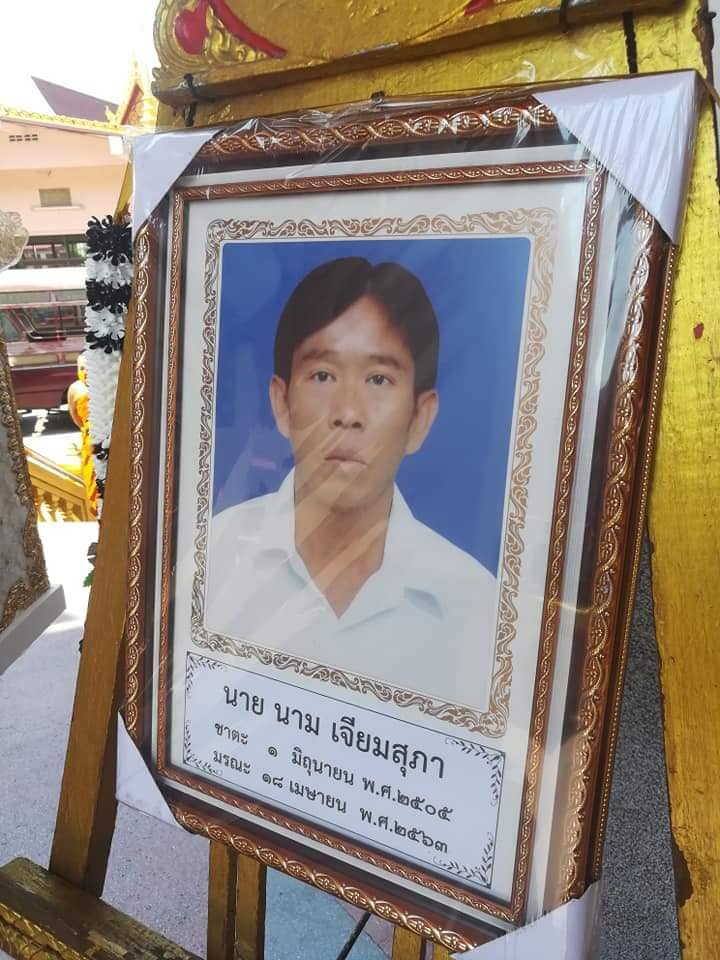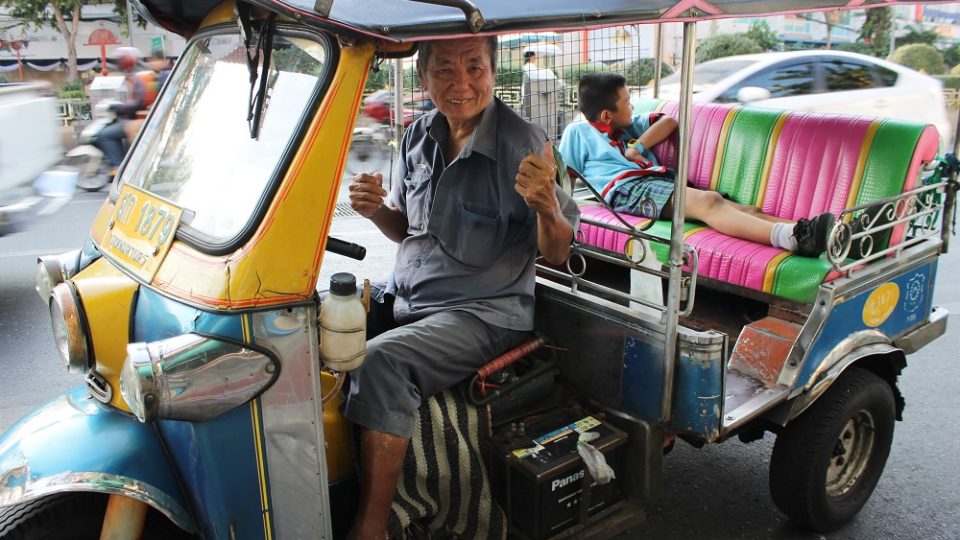An Isaan mother unable to buy milk for her children. A Bangkok taxi driver upset over government mishandling of aid relief. An English teacher despairing from financial calamity. A father followed by his daughter.
Those are just a few of the dozens of people who have taken their lives in a surge of suicides related to the COVID-19 crisis throughout the kingdom, with health officials saying Wednesday their mental health hotline has been overwhelmed by calls.
Satit Pitudecha of Public Health Department said more than 600 calls were made in March to its crisis hotline, compared to only 20 to 40 in each of the previous two months. So far this month, Satit estimates the calls will exceed 600.
On Tuesday, Irada, a mother of two in Maha Sarakham province hanged herself after she could no longer afford to buy milk for her children – a six-month-old and a six-year-old. Irada usually made out a living by riding a cart and selling drinking yoghurt to houses, something that no longer earned enough money for her to feed her family.
One independent effort counted reports of at least 22 outbreak-related suicides since March 20.
Thailand has the world’s worst wealth inequality, and the ranks of the poor have been hardest hit.
Four days after he joined dozens of people to protest at the Ministry of Finance for its inefficient THB5,000 aid screening, 58-year-old taxi driver Nam Jiamsupa committed suicide in his home in Bangkok. Nam’s son told police that his father didn’t have enough money to pay his THB18,000 taxi lease for three month – and he couldn’t get the THB5,000 aid promised by the government.

On Monday, the bodies of a 41-year-old man and his 5-year-old daughter were found floating north of Bangkok in Ayutthaya’s Pa Sak River. Residents told police that the father had been unemployed and couldn’t find a job to earn income. A witness said they heard the father jumped into the water first, followed by his crying daughter.
Mental health crises haven’t been limited to indigent Thais. In late March, a 26-year-old Briton working in Bangkok as an English tutor jumped from a 13th-floor balcony. A friend told the police he had been depressed after his income dried up due to the crisis. Two weeks after, a 74-year-old British businessman jumped off an overpass and onto Ramkhamhaeng Road. He was said to have been despairing over heavy business losses.
Mental Health Department director Kiattiphum Wongworajit compared the crisis to that of 1997, when the Tom Yum Goong financial crisis saw per capita suicide rates rise to 8.59 per 100,000 people. Kittiphum said people should take good care of each other during hard times to prevent those numbers from returning.
But the situation was already much worse than that even before the pandemic, according to the WHO. Thailand had the highest suicide rate in ASEAN with 14.4 suicides per 100,000 people as of 2016, the last year data is available.
Health officials today reported another 13 infections and one death, bringing confirmed totals to 2,839 infections and 50 deaths since the outbreak began.
Anyone suffering mental health issues, Kittiphum said, can start with a self-assessment via an application Mental Health Check Up (Thai only, iOS/Android). The hotline for mental health issues is 1323. All lines were busy at noon today.
Samaritans Thailand said it discontinued its well-known suicide prevention hotline last month because its counselers could no longer come to work. It’s now offering a callback service via its hotline at 02-713-6791.
Kiattiphum added that mental health volunteers would do direct outreach in areas deemed highly affected by the crisis, but did not provide specifics.
The government’s failure to provide promised aid hasn’t helped.
Criticism has been leveled at the authorities for being unable to pay THB5,000 stipends they promised would “leave no one behind.” Many “informal workers” who applied were rejected by the Finance Ministry, which said it relied on automated applicant screening.
Wiroj Lakkana-adisorn, an MP for the disbanded Future Forward Party, demanded the government improve its measures to help struggling people.
“How many more people having to kill themselves so Gen. Prayuth Chan-o-cha finds his conscience? The 5,000 baht aid should be paid quickly and equally. Food donation spots should be provided. Let’s think about relaxing measures so the economy can move again,” Wiroj tweeted this week.
If you are considering harming yourself, please reach out for help. Assistance is available around the clock from the Mental Health Department’s 1323 hotline (for Thai speakers) or the Samaritans of Thailand at 02-713-6793 (for Thai speakers), and 02-713-6791 (for English speakers).
ต้องมีประชาชนฆ่าตัวตายอีกเท่าไหร่
พล.อ.ประยุทธ์ จันทร์โอชา ถึงจะมีสำนึก?
เงิน 5,000 ต้องจ่ายเร็ว ถ้วนหน้า
จุดแจกจ่ายอาหาร ต้องมี
ต้องคิดถึงการผ่อนคลาย ให้เศรษฐกิจพอจะขับเคลื่อนบ้าง ได้แล้ว#ทำไมไม่ได้5พัน #อุทธรณ์บึ้ม
— Wiroj 77 (@wirojlak) April 19, 2020




